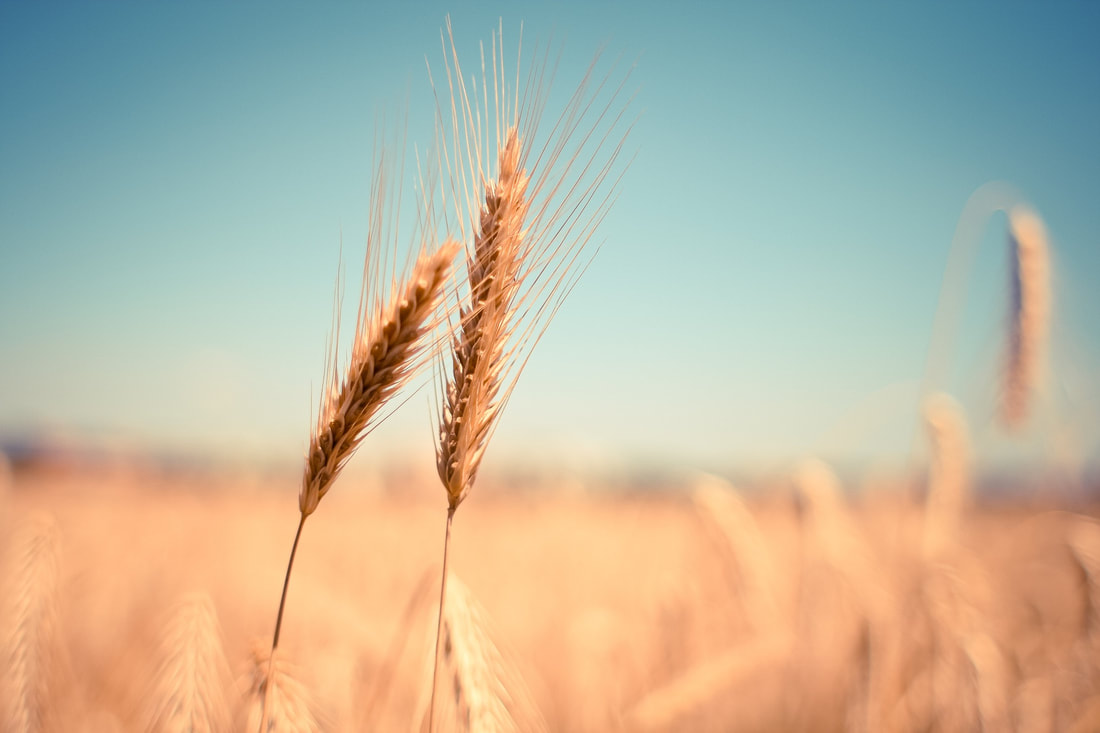|
Russia’s military invasion of Ukraine has reignited the grain price rally of 2020-21, and the situation is expected to result in tight grain stocks and price volatility for at least two years, according to a new report from CoBank. The Black Sea region is a major producer and exporter of wheat, in addition to being a critically important hub for global agricultural commodity trade.
Regardless of when the war ends, its impact on global grain trade will reverberate for some time as markets continually assess real and perceived grain supply shortages and re-adjust risk premiums, according to the report from CoBank’s Knowledge Exchange. The conflict will negatively affect global grain flows for at least two crop years, and likely longer, it said. “We expect a significant tightening in available stocks-to-use ratios for both corn and wheat,” said Kenneth Scott Zuckerberg, lead grain and farm supply economist with CoBank. “Grain prices will remain elevated and volatile for the foreseeable future. It’s an environment that will require U.S. grain cooperatives and exporters to maintain high capital levels and excess liquidity to fund operational and risk management activities.” Russia and Ukraine account for 14% of global wheat production and 29% of global wheat exports based on trailing five-year averages. While the two nations produce only 4% of global corn supplies, they account for 17% of corn exports. The war comes at a particularly tenuous time for Ukraine given its normal planting calendar, creating a risk for crop production and grain exports from the country, the report said. Excluding Ukraine and China due to its stock reserves held from trade, CoBank expects that global available stocks-to-use ratios will fall from 6.6% to 4.0% for corn and from 15.0% to 10.5% for wheat. The United States, Brazil and Argentina will likely have the ability to fill the gaps in corn export demand. India, Europe and Australia could backfill some of the shortfalls in Ukraine wheat exports to the Middle East and North Africa (MENA). The war in Ukraine could serve as a food security wake-up call to MENA countries, which depend on grain imports from Russia and Ukraine. Should MENA diversify its grain export partners, North and South America, Europe and Australia stand to benefit, CoBank said.
0 Comments
Leave a Reply. |
AuthorWrite something about yourself. No need to be fancy, just an overview. Archives
June 2026
Categories
All
|


 RSS Feed
RSS Feed